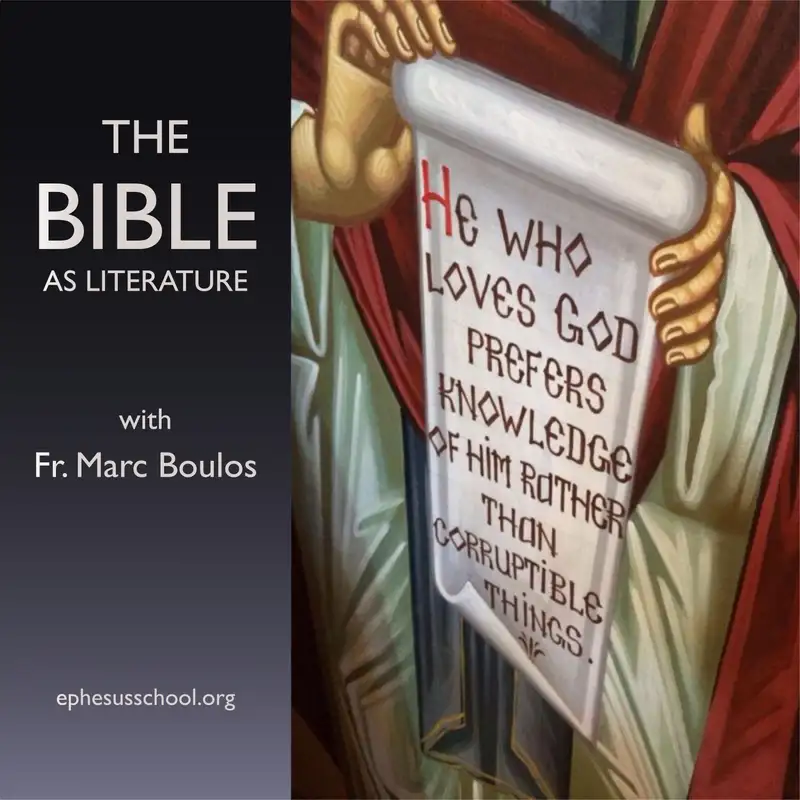
False Humility
Summary
The expression “false pretense” is very strange. By definition, a pretense is the act of giving an appeance. In the Bible, anything that presents an apperance is already a lie, the depth and breadth of which is evident without the use of a modifier. In Matthew, the pretense of humility amplifies human arrogance, even as the appearence of charity faciltiates selfishness. Are you humble because you look humble? Are you generous because people saw you giving alms to the poor? Since all pretense is false, it's hard to say. But Matthew, like the Apostle Paul, won't enter the debate since even humility and generosity—no matter how sincere—are rendered unrighteous by the credit your pretense earns in the sight of men: “But to me, it is a very small thing that I may be examined by you, or by any human court; in fact, I do not even examine myself. For I am conscious of nothing against myself, yet I am not by this acquitted, but the one who examines me is the Lord. Therefore do not go on passing judgment before the time, but wait until the Lord comes who will both bring to light the things hidden in the darkness and disclose the motives of men’s hearts; and then each man’s praise will come to him from God.” (1 Corinthians 4:3-5) For Matthew, whose teaching reflects the wisdom of Paul, the only sure fire way to avoid fueling our innate hypocrisy is to avoid appearances altogether, doing everything in secret until the Lord appears on the day of judgment. Richard and Fr. Marc discuss Matthew 6:1-4. Episode 252 Matthew 6:1-4; Subscribe: http://feedpress.me/the-bible-as-literature; “Cottages” Kevin MacLeod (incompetech.com) Licensed under Creative Commons: By Attribution 3.0 License http:// creativecommons .org/ licenses /by/3.0/The expression “false pretense” is very strange. By definition, a pretense is the act of giving an appeance. In the Bible, anything that presents an apperance is already a lie, the depth and breadth of which is evident without the use of a modifier.
In Matthew, the pretense of humility amplifies human arrogance, even as the appearence of charity faciltiates selfishness. Are you humble because you look humble? Are you generous because people saw you giving alms to the poor? Since all pretense is false, it's hard to say. But Matthew, like the Apostle Paul, won't enter the debate since even humility and generosity—no matter how sincere—are rendered unrighteous by the credit your pretense earns in the sight of men:
“But to me, it is a very small thing that I may be examined by you, or by any human court; in fact, I do not even examine myself. For I am conscious of nothing against myself, yet I am not by this acquitted, but the one who examines me is the Lord. Therefore do not go on passing judgment before the time, but wait until the Lord comes who will both bring to light the things hidden in the darkness and disclose the motives of men’s hearts; and then each man’s praise will come to him from God.” (1 Corinthians 4:3-5)
For Matthew, whose teaching reflects the wisdom of Paul, the only sure fire way to avoid fueling our innate hypocrisy is to avoid appearances altogether, doing everything in secret until the Lord appears on the day of judgment.
Richard and Fr. Marc discuss Matthew 6:1-4.
Episode 252 Matthew 6:1-4; Subscribe: http://feedpress.me/the-bible-as-literature; “Cottages” Kevin MacLeod (incompetech.com) Licensed under Creative Commons: By Attribution 3.0 License http:// creativecommons .org/ licenses /by/3.0/

